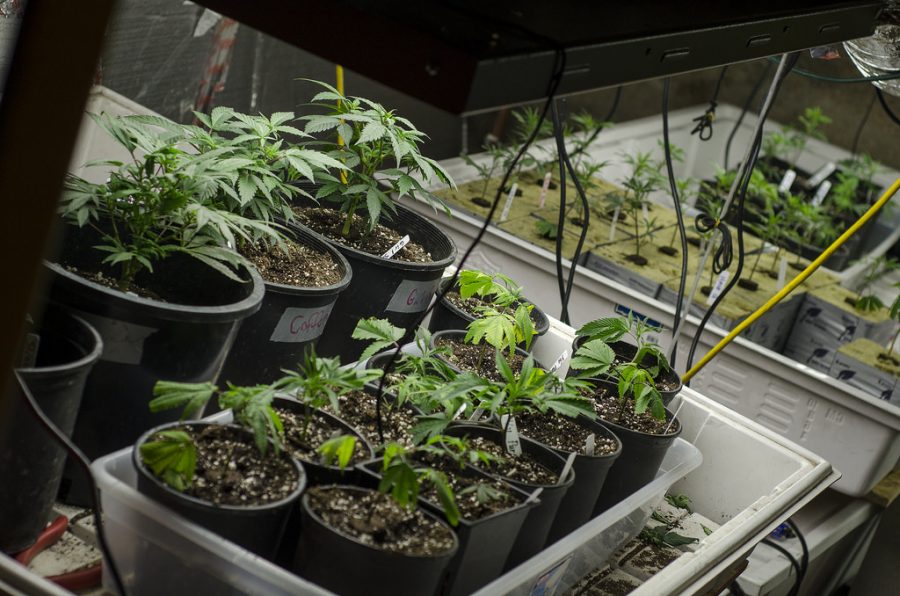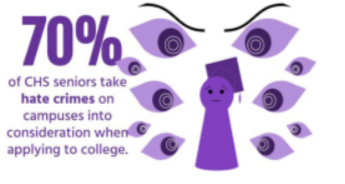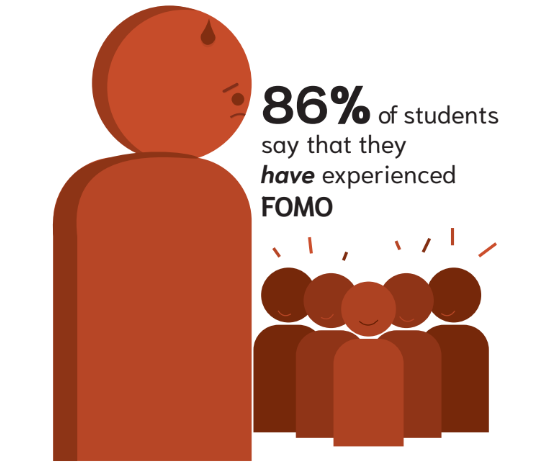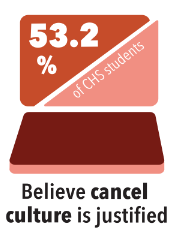Marijuana legalization hits new high
30 states have legalized medical marijuana, and nine have legalized marijuana for recreational use, according to Governing Magazine.
March 2, 2018
With over 200 slang terms from “weed” to “Mary Jane” and its growing popularity in everything from music to recipes, marijuana influences the lives of adolescents and adults across America. Despite its rising acceptance in society, marijuana remains illegal at the federal level.
The Drug Enforcement Administration (DEA) classifies medical and recreational marijuana as a Schedule I drug alongside Heroin and LSD under the Controlled Substances Act.
Some states such as Colorado and California tried to combat this ruling by decriminalizing the possession and usage of marijuana. But while the states’ decisions regarding decriminalization currently hold, there is no guarantee this policy will continue. The federal government still possesses the legal authority to enforce marijuana’s Schedule I ranking.
According to Gonzales v. Rich in 2005, the United States Supreme Court ruled that the federal government “has the constitutional authority to prohibit marijuana for all purposes.”
This enables federal law enforcement to prosecute any users, including medical marijuana patients who grow their own medicine and reside in a state that sanctions medical marijuana.
Governing Magazine affirms that 30 states have still legalized medical marijuana and nine have authorized it for recreational purposes, including Alaska, California, Colorado, Maine, Massachusetts, Nevada, Oregon, Vermont and Washington.
The legalization debate has come to New Jersey as well.
Newly elected New Jersey Governor Phil Murphy pledged to create legislation allowing New Jersey residents to possess and use recreational and medical marijuana during his campaign. He believes in the legalization of marijuana so law enforcement can focus more on violent crimes, according to Murphy’s campaign website.
Within CHS, the topic of recreational marijuana legalization remains divisive among students. An anonymous student supports marijuana legalization for the monetary benefit.
“From a financial perspective, legalization makes sense. It could really help alleviate some of the state’s debt and pay for new development projects. It’s worked in Colorado and could work in New Jersey,” the student said.
But another anonymous student believes that legalizing marijuana would do more harm than good.
“Weed is a gateway drug, it can easily lead to abuse to addiction. There’s no reason to create more problems in society with another drug,” they said.
There is a push for federal legislation, though. According to Bill H.R. 1227, introduced to the 115th Congress on Feb. 27, 2017, the bill would end the Controlled Substances Act’s effect on marijuana and remove it from the Schedule I category.
The bill would alleviate punishments for someone who “imports, exports, manufactures, distributes or possesses with intent to distribute marijuana.” But, intentionally transporting marijuana to a state where it is prohibited is still considered illegal.
Despite the growing push for legalization, the consensus on the status of marijuana still remains unclear, both at the level of state and federal governments, and at the level of students at CHS.















